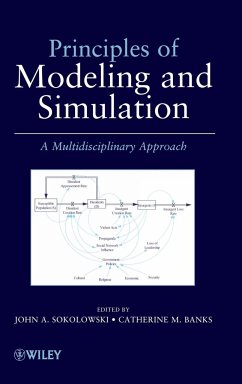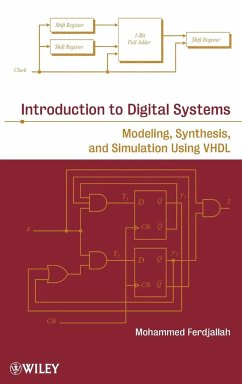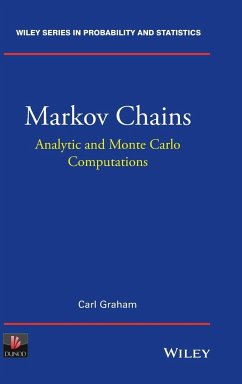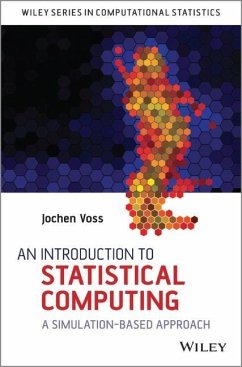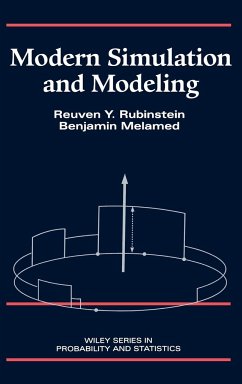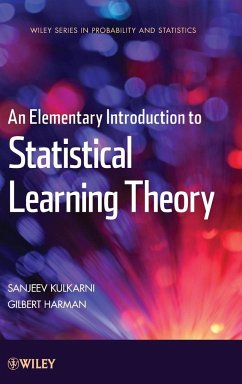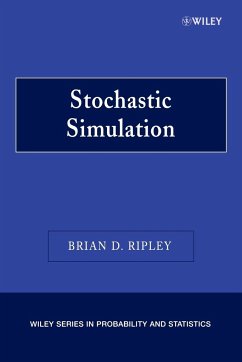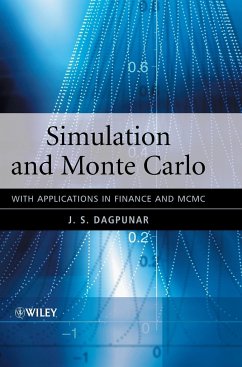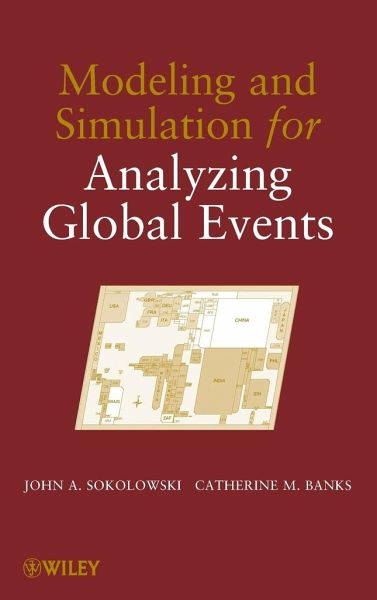
Modeling and Simulation for Analyzing Global Events

PAYBACK Punkte
61 °P sammeln!
The field of modeling and simulation is expanding as interest in the discipline and its applications increase. Serving as an introduction to the theory and applications of modeling and simulation in the realm of international studies, Modeling and Simulation for Analyzing Global Events integrates modeling and simulation theories, methods, and data to analyze real-world global and domestic challenges that involve technological and social issues. Coverage provides professionals and graduate students with an understanding of historical and contemporary global events, represented in a scientific format.
one-of-a-kind introduction to the theory and application of modeling and simulation techniques in the realm of international studies
Modeling and Simulation for Analyzing Global Events provides an orientation to the theory and application of modeling and simulation techniques in social science disciplines. This book guides readers in developing quantitative and numeric representations of real-world events based on qualitative analysis. With an emphasis on gathering and mapping empirical data, the authors detail the steps needed for accurately analyzing global events and outline the selection and construction of the best model for understanding the event¿s data.
Providing a theoretical foundation while also illustrating modern examples, the book contains three parts:
Advancing Global Studies--introduces the what, when, and why of modeling and simulation and also explores its brief history, various uses, and some of the advantages and disadvantages of modeling and simulation in problem solving. In addition, the differences in qualitative and quantitative research methods, mapping data, and conducting model validation are also discussed.
Modeling Paradigms--examines various methods of modeling including system dynamics, agent-based modeling, social network modeling, and game theory. This section also explores the theory and construction of these modeling paradigms, the fundamentals for their application, and various contexts for their use.
Modeling Global Events--applies the modeling paradigms to four real-world events that are representative of several fundamental areas of social science studies: internal commotion within an anarchic state, a multi-layered study of the Solidarity movement in Poland, uni-lateral military intervention, and the issue of compellence and deterrence during a national security crisis.
Modeling and Simulation for Analyzing Global Events is an excellent book for statistics, engineering, computer science, economics, and social sciences courses on modeling and simulation at the upper-undergraduate and graduate levels. It is also an insightful reference for professionals who would like to develop modeling and simulation skills for analyzing and communicating human behavior observed in real-world events and complex global case studies.
Modeling and Simulation for Analyzing Global Events provides an orientation to the theory and application of modeling and simulation techniques in social science disciplines. This book guides readers in developing quantitative and numeric representations of real-world events based on qualitative analysis. With an emphasis on gathering and mapping empirical data, the authors detail the steps needed for accurately analyzing global events and outline the selection and construction of the best model for understanding the event¿s data.
Providing a theoretical foundation while also illustrating modern examples, the book contains three parts:
Advancing Global Studies--introduces the what, when, and why of modeling and simulation and also explores its brief history, various uses, and some of the advantages and disadvantages of modeling and simulation in problem solving. In addition, the differences in qualitative and quantitative research methods, mapping data, and conducting model validation are also discussed.
Modeling Paradigms--examines various methods of modeling including system dynamics, agent-based modeling, social network modeling, and game theory. This section also explores the theory and construction of these modeling paradigms, the fundamentals for their application, and various contexts for their use.
Modeling Global Events--applies the modeling paradigms to four real-world events that are representative of several fundamental areas of social science studies: internal commotion within an anarchic state, a multi-layered study of the Solidarity movement in Poland, uni-lateral military intervention, and the issue of compellence and deterrence during a national security crisis.
Modeling and Simulation for Analyzing Global Events is an excellent book for statistics, engineering, computer science, economics, and social sciences courses on modeling and simulation at the upper-undergraduate and graduate levels. It is also an insightful reference for professionals who would like to develop modeling and simulation skills for analyzing and communicating human behavior observed in real-world events and complex global case studies.




